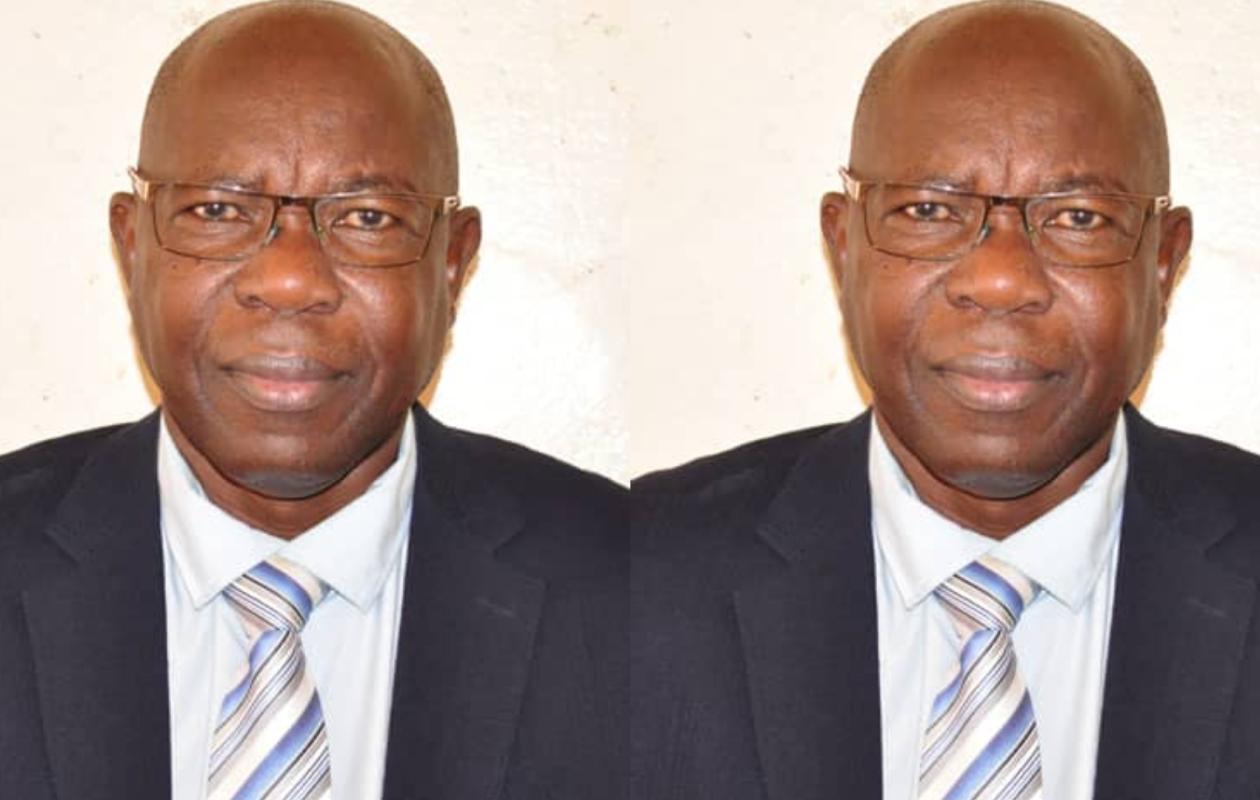
Le Sénégal dans l’incertitude (Pr Moussa DIAW, politologue)
The election of Bassirou Diomaye Faye on March 24, 2024, with 54% of the vote in the first round, represents a turning point in the country's political history. It took place within a specific context of tension and confrontation between political actors, culminating in the deaths of more than eighty young people between 2021 and 2024. The engagement and mobilization of young people represent an unprecedented phenomenon, marking this movement determined to change the political landscape, especially the practices that had become unique to Africa in this regard. To turn the page and dismantle its symbols—by which we mean what is commonly called "the system"—President Diomaye and his Prime Minister, Ousmane Sonko, presented a framework for their action, supported by an agenda designed to put Senegal on the path to economic and social development through the "Senegal 2050" plan.
Prior to any major reforms of the judiciary, accountability, good governance, and transparency in public finance management are considered essential. These reforms aim to strengthen the rule of law and the separation of powers, thus shaping the democratic system. This duo at the head of the executive branch, composed of young leaders, enjoyed unwavering popular support and appeared to mirror the rest of Africa, having successfully achieved political change through elections. At the same time, many countries are facing the consolidation of power by aging leaders and the resurgence of authoritarian regimes. This enthusiasm for a political paradigm shift has now suffered setbacks that risk not only creating despair among citizens but also triggering a political crisis that paralyzes the functioning of institutions.
Indeed, President Diomaye's actions indicate a political shift that is leading him away from the program he initially publicly championed before the Senegalese people. As evidence, he is opposing his prime minister in the appointment of the coordinator for the "Diomaye President Coalition." This move foreshadows a deep-seated unease between the two men regarding political direction, even if attempts are being made to mask it with polite words or statements using conciliatory language.
The seeds of contradiction
Initially, the two men seemed to share everything, particularly the need to clean up the political and economic landscape in order to establish new values for the rational management of national resources while respecting the public interest. However, the first snags arose from the holding of a national dialogue and the appointment of certain officials close to the former regime or implicated in financial malfeasance. Furthermore, the Prime Minister openly stated that his initiatives regarding accountability were hampered by a lack of will on the part of the President of the Republic. This was followed by a show of force through the organization of a national rally during which the Prime Minister addressed the difficulties in his relationship with President Diomaye. The extent of the disagreements within the executive branch is thus understandable, and the decisions regarding control of the majority coalition are merely a reflection of this power struggle. Despite various mediation efforts undertaken by religious dignitaries and recognized personalities, with the aim of bringing the President and his Prime Minister closer together, the divide becomes a reality as a war between the two parties unfolds through social networks, pitting activists from both camps against each other.
In this political battle, President Diomaye is no longer pursuing a radical break with the past for systemic transformation; in other words, he is turning his back on his past commitments by now associating with volunteers from all walks of life, thus fostering a return to clientelism, political opportunism, and the recycling of individuals who had fled the country, most of them targeted by regulatory bodies. This political stance breaks with the program presented to the Senegalese people during the March 2024 presidential election campaign. This trend, manifested by the influx of political groups and individuals attracted, as usual, by the prospect of sharing the spoils of power, confirms the formation of a political force in anticipation of future elections, because the leader of Pastef will not accept cohabitation with the political adversaries he has fought against. Thus, we are witnessing a polarization of political life between this new coalition supporting President Diomaye's policies and the original Pastef party, loyal to its natural leader, Mr. Ousmane Sonko. For now, neither side is declaring a break, but the split is real, evident in their partisan initiatives.
In any case, great disappointment will grip the Senegalese people who had believed in their innovative political discourse, a discourse characterized by maneuvering and the manipulation of the justice system to eliminate serious candidates. This practice will no longer be effective because the majority of young voters will no longer tolerate it. The country risks experiencing a major political crisis if the two sides clash to retain or seize power. It is up to responsible political leaders to consider Senegal's future and spare it the "Ivorian syndrome of 2010-2011."
By Moussa DIAW, political scientist, emeritus professor and researcher in political science, UGB.
Commentaires (10)
Tu n’es même pas maître assistant et tu débites des choses qui ne nous apprennent rien
Tu dois avoir du temps à perdre
Ces jeunes si ambutieux, m'ont fait comprendre que le pays nous appartient a nous les senegalais, ni aux puissances etrangeres comme ca a toujours ete.
Si vous aimez le senegal, plus que vos poches, plus que vos propres interets, vous devez, les feliciter sinon les encourager ces jeunes. Que Dieu vous accompagne.
Participer à la Discussion
Règles de la communauté :
💡 Astuce : Utilisez des emojis depuis votre téléphone ou le module emoji ci-dessous. Cliquez sur GIF pour ajouter un GIF animé. Collez un lien X/Twitter, TikTok ou Instagram pour l'afficher automatiquement.